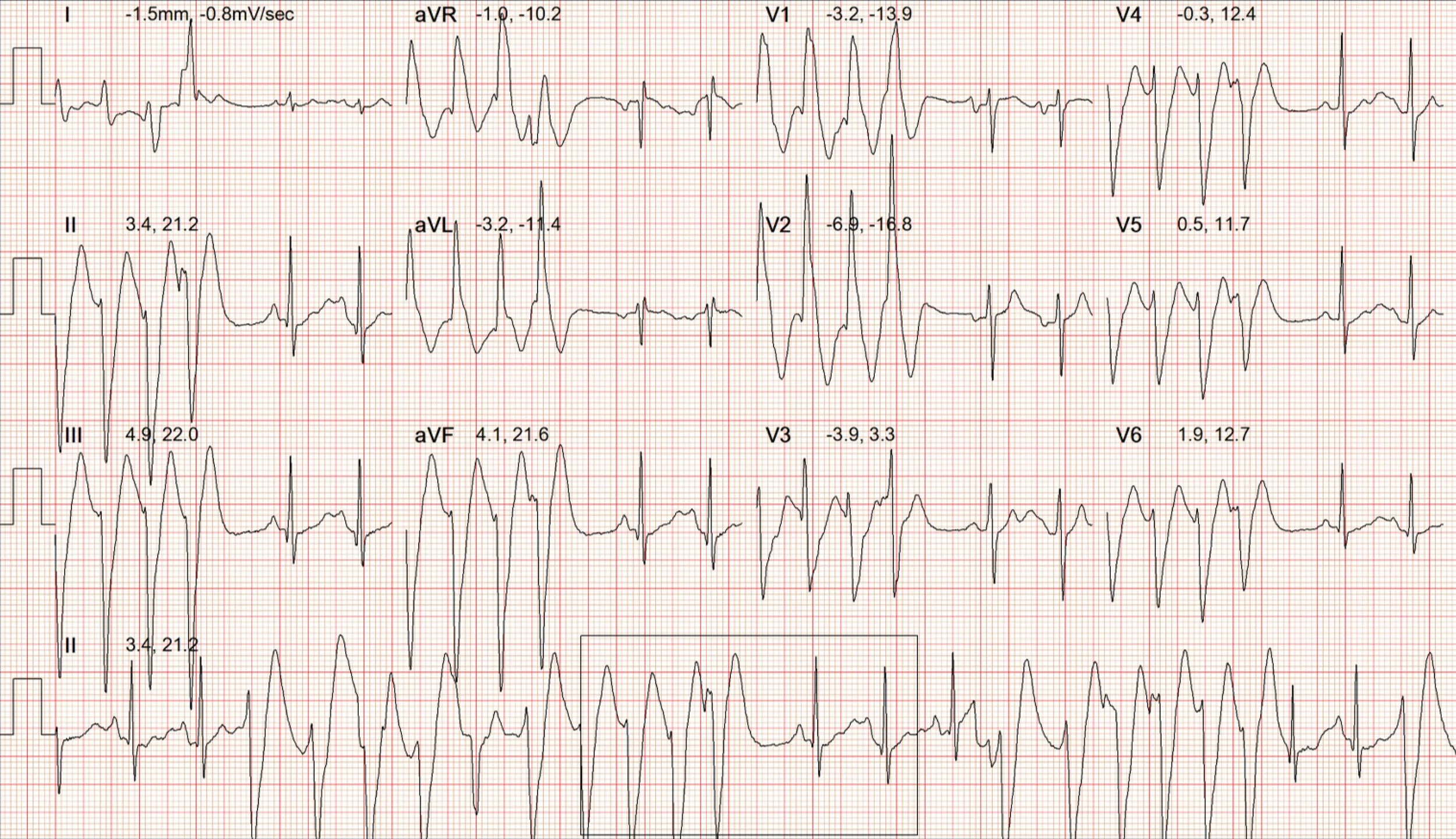Cardiac Arrhythmias are disorders of the heart's electrical system that cause it to beat irregularly
Cardiac arrhythmias lead to the heart going too fast, too slow, or in an erratic pattern. This can lead to symptoms like palpitations, dizziness, chest pain, and even fainting.
Rhythm disorders of the heart are commonly misunderstood, but can lead to devastating problems such as stroke, heart failure, collapses and death.
-
Rhythm disorders are divided into slow heart beat and fast heart beat problems.
Slow heart rhythm problems can be related to a problem in how the heart decides how quick to go, or could be because of failure of the electrical wires connecting one side of the heart to another.
Fast heart rhythm problems can be because of short circuits that a person is born with, or ones that are created later in life.
-
Common symptoms include palpitations, a fluttering feeling in the chest, dizziness, fatigue, and sometimes chest discomfort. In severe cases, arrhythmias may cause fainting or a sudden drop in blood pressure.
-
If you experience symptoms like palpitations, dizziness, or chest pain, or if you have a known history of heart problems, you should consult a cardiologist. Early diagnosis and treatment can help manage symptoms and reduce the risk of complications.
-
The treatment for rhythm disorders are complex, and there are many options. A thorough review is required, and a treatment plan tailored to individual patients. This will include lifestyle changes, medications, and potential procedures.

